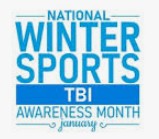
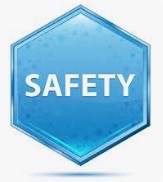
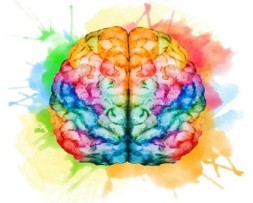

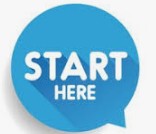
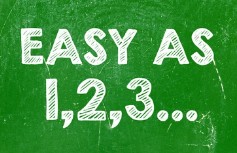

Headache, confusion, irritability, anxiety, memory loss, and many others TBIQuickList & TBIQ
Signs You Need Early Diagnosis: Seek immediate help if you experience confusion, dizziness, persistent headaches, memory issues, irritability, balance problems, or vision changes after a head impact (NIH article, Weill Cornell Medicine) Starting treatment (rest, symptom management) sooner limits the injury’s severity and duration.
Early intervention helps prevent persistent symptoms like “brain fog,” chronic headaches, anxiety, depression, and sleep problems, (NIH article)
like Cognitive and Emotional issues
By managing acute and lingering effects, individuals maintain better cognitive, emotional, and physical function (NIH Article)
Early diagnosis can mitigate risks of developing neurodegenerative diseases like CTE or Alzheimer’s later in life (Health.mil, this NIH article)
McNicholas & McNicholas, LLP, Health.mil, Apex Orthopaedics Spine & Neurology,

1 Breath, 1 Exercise, 1 Second at a time… Cardio & Brain Exercises 3x day!
START YOUR HEALING JOURNEY!
CLICK HERE
Alicia Brown, DC, DACNB
Click link below to read the full 2024 Blog article on BBB’s website
Human Optimization Blog Dr Brown’s VIdeos on TikTok and Dr Brown’s Instagram
click hereSub-Concussions, Non-Concussive Head Injuries, and CTE (UCLA Health)
Here are some numbers that could be crucial in an emergency:
SERVICE MEMBERS: Does your military occupation involve working with heavy weapon systems that leave you feeling unwell or not like yourself? You could be experiencing the effects from low-level blast exposure. Learn more about how you can recognize, limit, and report your low-level blast exposure with the new fact sheet. Service Member Fact SheetDownload the fact sheet for service members.
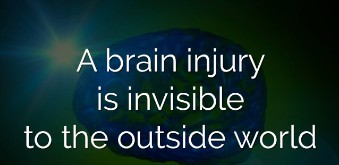
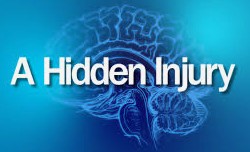
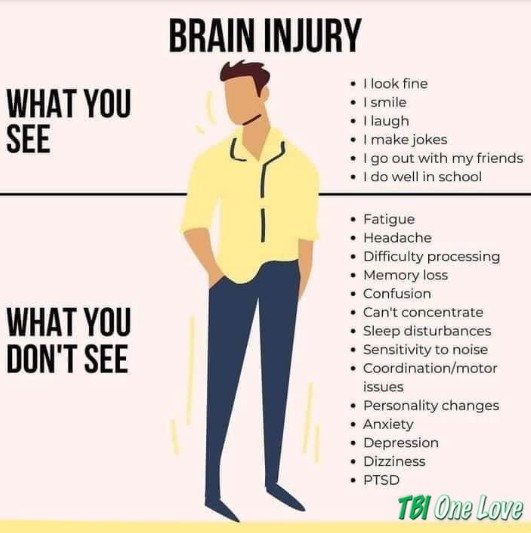
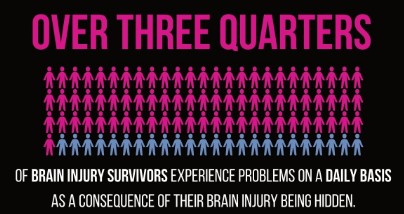
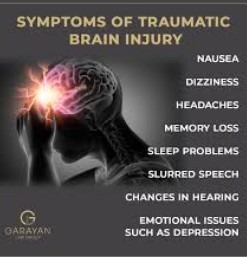
Symptoms like fatigue, confusion, irritability, memory issues, anxiety and mood swings are often misattributed to
During my 40-year career as a paralegal, I helped 100’s of clients recognize that their symptoms were actually from a head injury at the time of their accident.
Quick Symptoms Chart Symptoms by Location (Lobe) of Injury Common/Less Common Symptoms List
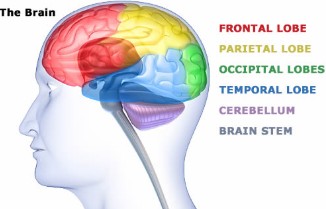
Each region of the brain governs distinct functions, meaning that the site of an injury directly influences the challenges an individual may face and the self-rehabilitation therapies that can aid their recovery.
By exploring how symptoms and therapies align with specific brain regions, this section provides invaluable insights to empower individuals on their journey to healing.
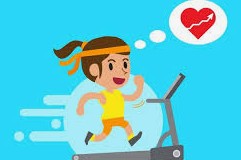
(see 3 videos below)
Even if it happened 25+ YEARS ago!!
Click Here for TBI Recovery Timeline article from Flint Rehab!)
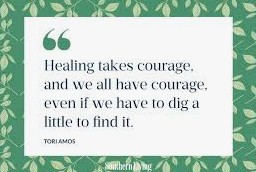
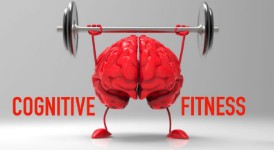
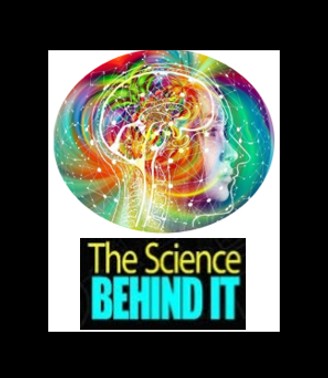
Mind & Mood
4/2/25
Just as physical exercise strengthens muscles, mental challenges help keep the brain sharp. Research shows that engaging in diverse, stimulating activities supports brain health by promoting neuroplasticity.

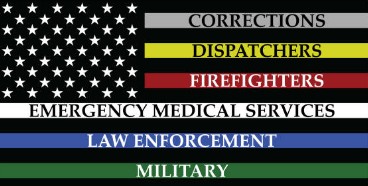
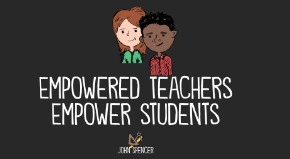
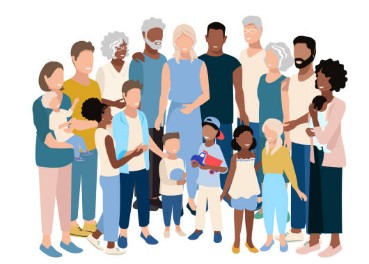

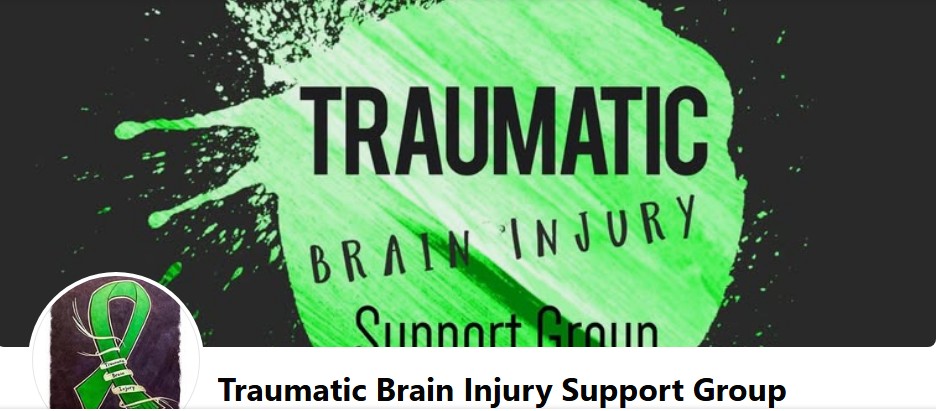
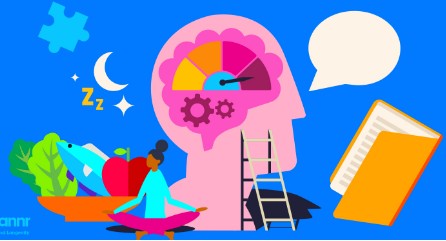
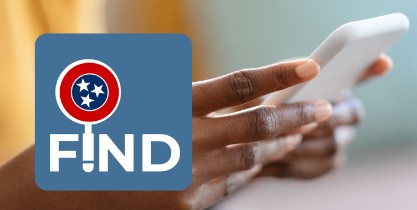

… to Gizmos*Gadgets to Cognitive Training to Virtual Reality Rehab – SOMETHING FOR EVERY HEALING JOURNEY!
Click Here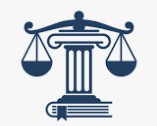
Our TBI ATTORNEYS page will continue to be a “work in progress,” but currently offers the 5 top-rated Law Firms (re TBIs) BEST OF THE BEST! in each of the 50 states + Territories (1@ of 5 regions).
NO FEES TO USE OR FOR FIRMS TO BE INCLUDED IN THE DIRECTORY, BUT DONATIONS ARE APPRECIATED.
If you’d like to view more options, please visit https://www.lawyerslegallaws.com where you can search by type of law, and State, or your state’s Bar Association.
Whether it’s a fall from a ladder, a collision on the road, or repeated exposure to physical strain and environmental hazards, TBIs can happen in an instant or accumulate over time. And because symptoms often go unnoticed or misattributed, countless individuals continue working, living, and struggling without knowing why they feel “off.”
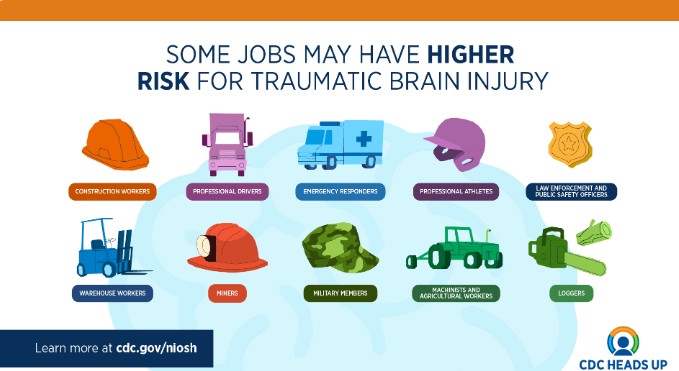
40+ FREE DIY Rehab Therapies on TBI-ID.com
[From Acupuncture to Yoga & 40+ More!]
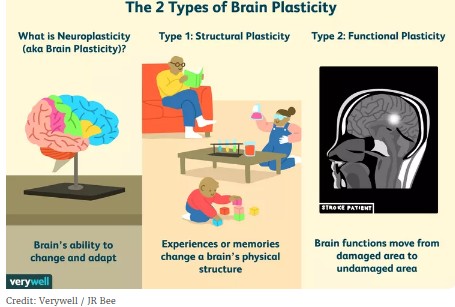
Just 10-15 minutes, a few days a week!
Click Here to find 10,000+ Brain Exercises (Flint Rehab) !!!
Click hereThese effects may not appear right away – but they can quietly erode quality of life, relationships, and independence over time. (Read More Long-Term Effects of TBI)
That’s why early Awareness (recognition), Screening (TBIQ confirmation), and Self-Advocacy (DIY Rehab Therapies available on our website!) are essential, and the sooner you start, the better!
Researchers at Flint Rehab confirmed that just 10-15 minutes a day...can reawaken the brain’s ability to heal itself (“Neuroplasticity”) and strengthen the neural connections that support memory, focus, mood, and daily function.
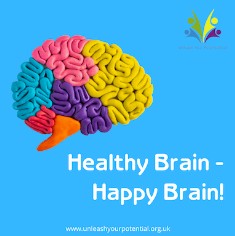
It will also help build new ones, support cognitive recovery, and improve overall brain resilience – especially when combined with aerobic activity that boosts oxygen and nutrient delivery to the brain. (Click Here for Flint Rehab’s article about 30 Brain exercises!)
Click Here for the 51-Symptom Checklist/TBI Questionnaire (TBIQ) which was designed to provide a standardized, efficient, and comprehensive way for TBI survivors to document their symptoms when they are at home, taking as much time as they need. It aims to enhance communication between patients and healthcare providers, reduce stress for patients, and ensure consistency in care.
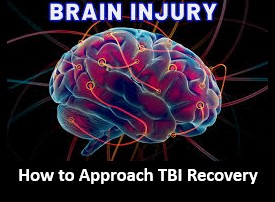

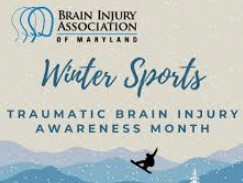
Click for TBI-U/DIY Rehab Therapies

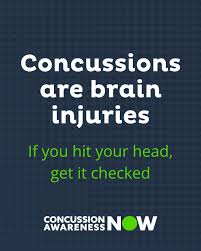
 Even a MILD TBI is a PERMANENT BRAIN INJURY.
Even a MILD TBI is a PERMANENT BRAIN INJURY. Helping 30 MILLION PEOPLE!!!


For info, Contact Karen at [email protected]
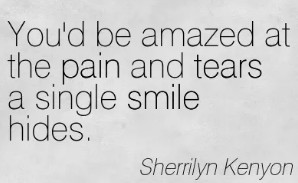
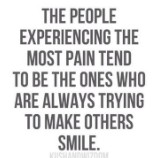

MentalHealth.com is a health technology company guiding people towards self-understanding and connection. The platform provides reliable resources, accessible services, and nurturing communities. Its purpose is to educate, support, and empower people in their pursuit of well-being. Find a Therapist
Visit PapillonZ.com for 30 Categories of Resources!
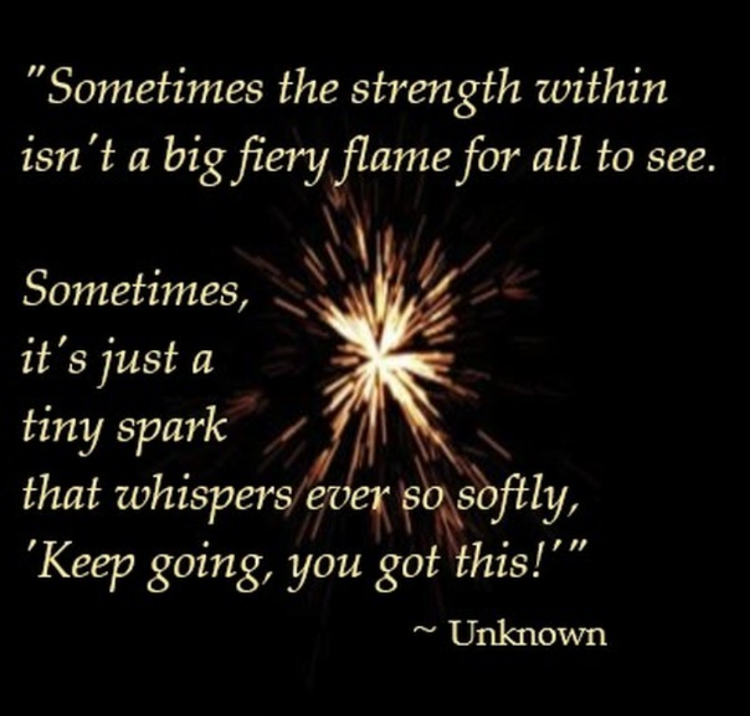
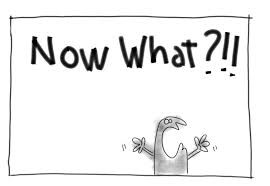
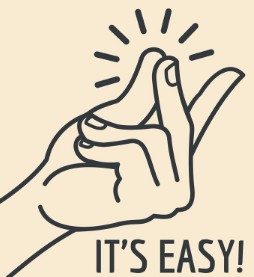

10 Exercises to Rewire Your Brain
Exercises to Rewire Your Brain
Easy Exercises You Can Do in the Office
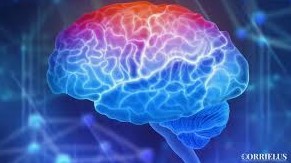
BRAIN EXERCISES = NEUROPLASTICITY THIS IS HEALING!
It is a rebuilding process that requires dedication, and consistent daily effort. Engaging in various types of self-rehab activities helps to create new pathways in the brain that can “travel” around the damaged areas.
These new detours around the damage or new “roads” in your brain become stronger with each activity, which is essential for improving cognitive function and overall well-being. The more you engage in these activities, the stronger and more efficient these new neural pathways become.
Consistency is key – the more often you engage in these activities, the more your brain will adapt and heal. Remember, YOU HAVE THE POWER to “rehabilitate” your brain, one day at a time.
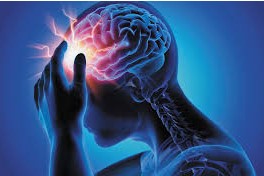

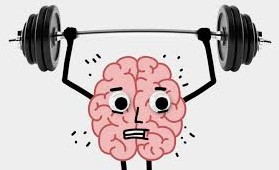
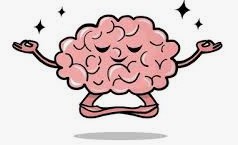
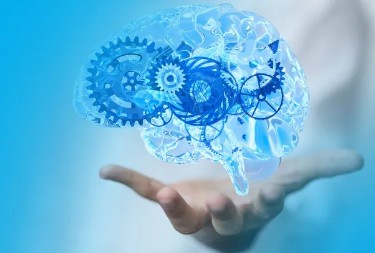

Flint Rehab
Healing after a traumatic brain injury isn’t just about time OR REST!!! It’s about action – and it doesn’t take a lot of time or energy!!!!
Recovery requires dedication, consistency, and repetition. It only takes a few minutes a day, several days a week!!! (From Art and Music Therapy, to Reading, to Yoga, and Swimming! TBI-U/40+ DIY Rehab Therapies!)
Through NEUROPLASTICITY, the brain can form new pathways, allowing individuals to regain cognitive function and improve overall well-being.
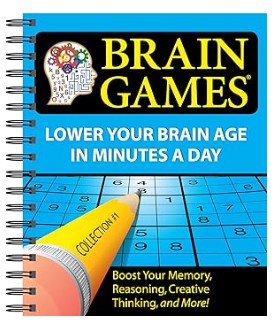
Brain Games & Brain Training for COGNITIVE REHABILITATION!
Recovering from a traumatic brain injury (TBI) is a unique journey, and having the right resources can make all the difference. TBI-ID.com provides 100’s of Resources on TBI-ID.com to help you take control of your Recovery Journey!
There are TONS OF FREE BRAIN GAMES! From GO FISH, to UNO, SCATTERGORIES, as well as Brain Game Apps, & LUMOSITY even offers a FREE Training Program.
After hitting your head, ask your doctor about
Other important questions include
(Ref: MedLinePlus, Mount Sinai)
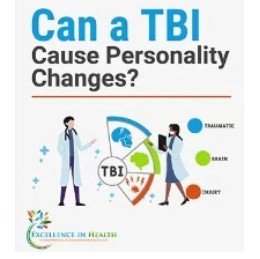
People with concussions usually have physical symptoms, such as headaches, dizziness, forgetfulness, being easily distracted, or other cognitive symptoms.
However, it is just as common to have EMOTIONAL symptoms that interfere with recovery.
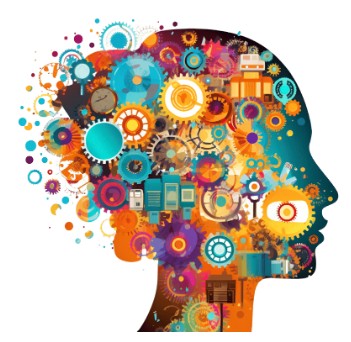
If you experienced a head injury resulting in concussion or TBI but is not so severe that you require inpatient hospitalization, you should be immediately beginning community-based outpatient occupational therapy.
THERE ARE MANY THINGS YOU CAN DO ON YOUR OWN, AS WELL! (See Resources Self-Rehab Therapy)
Click Here to Read More Click Here for RESOURCES – DIY Rehab Therapy

Recovering from a Traumatic Brain Injury (TBI) should be straightforward ~ but for too many people, finding proper care is a battle in itself.
AARP’s powerful article, “Traumatic Brain Injury: How to Approach Your Recovery,” highlights the gaps in treatment protocols, the lack of medical awareness, and the challenges of accessing multidisciplinary care.
Key Takeaways from the Article:
✔ Patients often struggle to find informed medical support ~ even from experienced physicians.
✔ There’s no clear treatment protocol for TBI, making recovery confusing and overwhelming.
✔ Many people have to advocate for themselves, fighting to coordinate specialists on their own.
✔ TBI symptoms are often dismissed or misdiagnosed, leaving survivors without proper guidance.
This isn’t just a problem for seniors …
The need for awareness, education, and advocacy is greater now than ever!
🔗 READ MORE: Traumatic Brain Injury: How to Approach Your Recovery
At TBI-ID.com, our mission is to help bridge this gap ~ providing clear resources, real solutions, and a space for TBI survivors to access the tools they need.
Includes: Pomodoro Technique, Power of Deep Work, Morning Exercise & Brain Function, Exercise, Nutrition, Music, Mindfulness, Colors, and more!

Mindmonia 2025

We’re teaming up with Dr. Alicia Brown, Functional Neurologist, Owner and Founder of Better Brain & Body in Charlotte, NC!
Dr. Brown brings top-notch medical expertise, with a fresh perspective to the table, giving our website content an expert edge with advice, tips, and recommendations that you can trust!
Her amazing educational videos on Instagram and TikTok are packed with her insights, as well as practical information you can use now!
You might be asking. . .What do functional neurologists do? They may have subspecialties, but in general, they treat brain injury patients, degenerative disorders (such as dementia), movement disorders, vestibular challenges (i.e. balance and dizziness issues), or any other neurological disease or disorder of unknown origin.
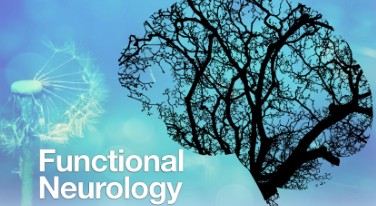

Their Blog serves up a feast of fascinating articles that go way beyond traumatic brain injuries (TBIs). Soon, you’ll see her expertise woven throughout our site.
Click to read Proactive TBI & Concussion Treatment * Concussion Foods * Got Stress?!

We’re going to be adding more content and links to their site so you can dive deeper into her world.
This collaboration is all about leveling up your health journey with content that’s not just trustworthy—it’s Exciting and Empowering, Stay tuned! Click the button below to visit their website, Blog, and many videos on Instagram and TikTok!!
Better Brain & Body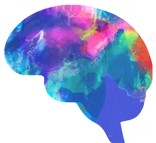
Click Link to Learn More About TBI (this is only one of many Blog articles!)
Dylan Golden, MA (2/19/25)

cLICK TO READ ARTICLE
You might have a concussion (or traumatic brain injury.)
Learn More: Human Optimization Blog Dr Brown’s VIdeos on TikTok and Dr Brown’s Instagram

Between 80,000-90,000 people who suffer traumatic brain injuries (TBIs) each year develop long-term disabilities related to their TBI. Many others suffer from a variety of long-term, problematic symptoms that continue to interfere with their lives. When they try to get help for these issues, they are often told there’s nothing more that can be done — or worse, that there’s nothing wrong with them at all.
More than 6 months after my electrocution by VOIP phone at work in 2008, one of my doctors had the audacity to tell me “It’s all in your Mind!” I suffered for YEARS because I wasn’t getting the help I needed, and Brain Games could only do so much for my injuries…

and Services and Resources for people who have Traumatic Brain Injuries. We even have a section of Self-Rehabilitation & Holistic Therapies. We continue to add to these Resources as soon as we find more.
We just added links for at least a dozen top selling TBI recovery books on Amazon to our Best Apps/Products page!! Please visit our Best Apps/Products page (links to company for some, links to Amazon for others) and Self-Rehabilitation Therapies page!
For those who may not have immediate access to medical care, self-guided rehabilitation can be a valuable tool. Here are some free resources to help individuals start their recovery journey:
Video-Based Rehab Exercises

“Constant Therapy Health was founded on the idea that digitizing therapy can help improve care, reduce costs, and help people reach new heights of recovery.
“By combining AI and real-world evidence in our easy-to-use program, Constant Therapy, we’re delivering clinically-proven, personalized brain exercises that can help people reignite their cognitive, speech, and language abilities. And we’re continuously optimizing the world’s understanding of the factors contributing to brain health, so that we can serve people across a range of neurological conditions,” (Excerpt from constanttherapyhealth.com)

In addition to their NeuroRehab devices to regain strength and independence for brain injury recovery and more, Flint Rehabilitation offers an App for Speech & Cognitive Therapy that has over 10,000 exercises!!! flintrehab.com
Download FREE E-books for rehab exercises at home after TBI!
Flint Rehab offers free eBooks with step-by-step TBI recovery exercises that can be done at home. These include cognitive and physical rehab exercises designed to improve brain function and mobility.
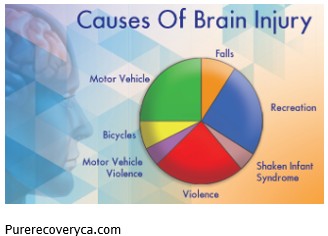
it’s important to consult with a legal professional to explore your options for compensation and justice.
If you or someone you know has fallen, been hit on the head or involved in an accident and you don’t know if you/they have symptoms of TBI, please click for the 51 symptoms “TBIQ“
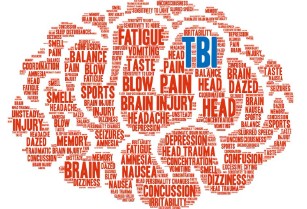

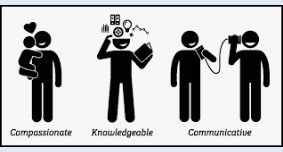
COMPASSION FOR CLIENTS. Without compassion for their clients, a lawyer will never reach their true professional potential. The top legal minds in the field almost invariably highlight compassion and service when they offer advice to law students and aspiring lawyers. For example, as reported by the Columbia Daily Spectator, Supreme Court Justice Ruth Bader Ginsburg told law students that they should try to use their degree to “make things a little better for other people”. A lawyer who is committed to representing and helping their clients is likely to find meaning and success in their professional life.
READ MORE

Many people sustain a TBI that wasn’t anyone’s fault (like a fall), but many people sustain a TBI due to the negligence of a third party (like an accident) and they retain a lawyer to represent them. I was a personal injury paralegal for 40 years. Because of my personal experience with multiple TBI’s, PI clients who had never told anyone about their weird and strange TBI symptoms for months, or even years, shared their experiences with me because I could relate to them. They were afraid everyone would think they were crazy! By sharing that information and how it affected their life, that detailed information could be added to the demand letter to the insurance carrier. Because of the extensive workup specifically surrounding the TBI, many settlements were 6-8 figures.
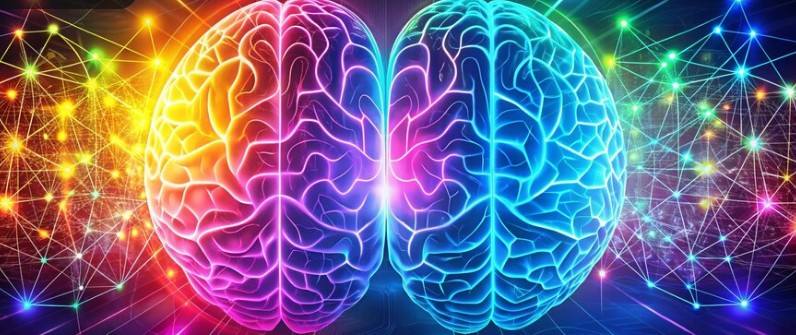
How much an accident victim could receive depends on the economic and non-economic damages they sustained. These include medical costs (past & future), lost earnings & potential, property damage, past and future pain and suffering (which includes loss of Enjoyment of Life!). The settlement accounts for ALL tangible and intangible losses.
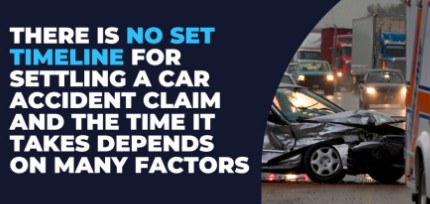
A personal injury case has no timeline for settlement, meaning the time it takes to reach a settlement can vary greatly depending on factors like the severity of injuries, liability disputes, and the insurance company’s willingness to negotiate, with some cases settling in a few months while others can take years to resolve; there is no set timeframe to expect.
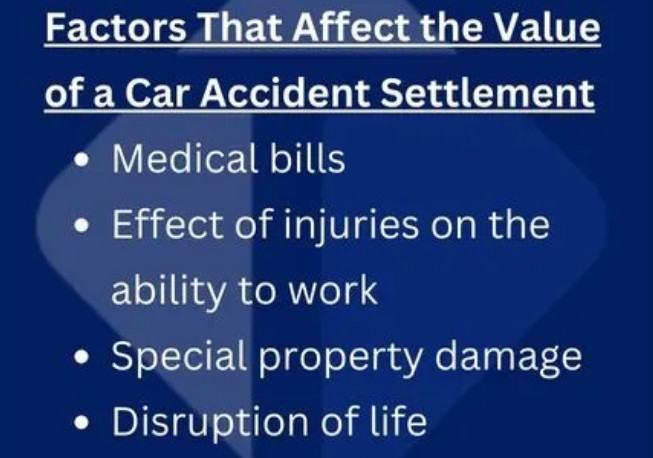
A Traumatic Brain Injury (TBI) significantly impacts the value of an injury case, primarily due to the severity of the injury, the long-term effects on the victim’s life, and the potential for substantial medical costs, lost wages, and non-economic damages like pain and suffering, which can all contribute to a much higher settlement amount compared to other types of injuries; the more severe the TBI, the higher the potential compensation value.
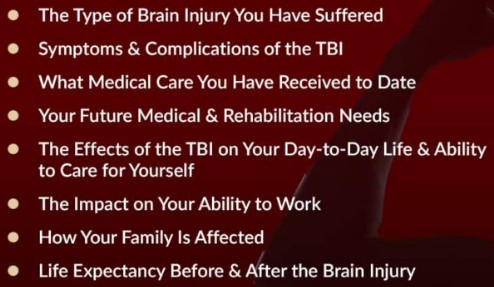
There is no “average” settlement for a traumatic brain injury because brain injuries are NOT an “average” injury.
Multiple factors are considered to determine how much your claim is worth, and personal information from YOU is VITAL for your case!
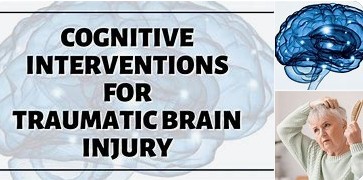
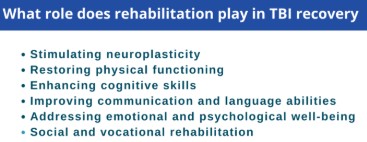
Check out a few Self-Rehab Therapies below, along with

Flint Rehab
There are many creative ways to treat the secondary effects of a traumatic brain injury (TBI). One effective method is through art therapy. According to the American Art Therapy Association, art therapy includes using “active art-making, the creative process, and applied psychological theory…to enrich the lives of individuals, families, and communities.” Art therapy for brain injury patients is a great way to enhance cognitive and emotional skills and improve overall wellbeing. Click to Learn More.
Practicing mindfulness after brain injury can help you reduce stress and improve several cognitive abilities. In this article, you’ll learn the science behind mindfulness and meditation. Plus, we’ll show you how mindfulness after brain injury can boost your recovery. Mindfulness helps rewire the brain and trains patients to improve their overall awareness. This enhances your attention skills. Mindfulness offers many benefits to brain injury survivors and has been backed by science. These benefits include: Improved attention and concentration; Reduced depression and fatigue; Improved mental flexibility. Click to Learn More
Art and Colors. Sometimes it’s hard to talk openly about your feelings, especially after a brain injury. That’s where art comes in. Art therapy is a cathartic experience that lets you access feelings deep within your subconscious. It can help you work through any emotional problems you might have in a constructive, non-threatening way. That’s why so many psychologists prescribe art therapy to their patients suffering PTSD. In fact, many patients find it helpful to express themselves through painting. They might use colors to represent their feelings, or draw an image that means a lot to them. Click Here for COLOR THERAPY page. (See also, Art Therapy article – Click to Learn More.
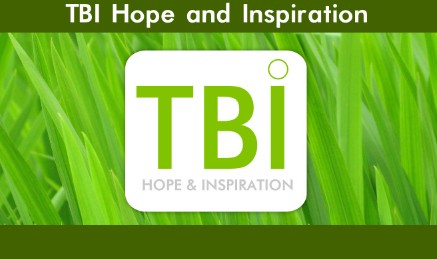
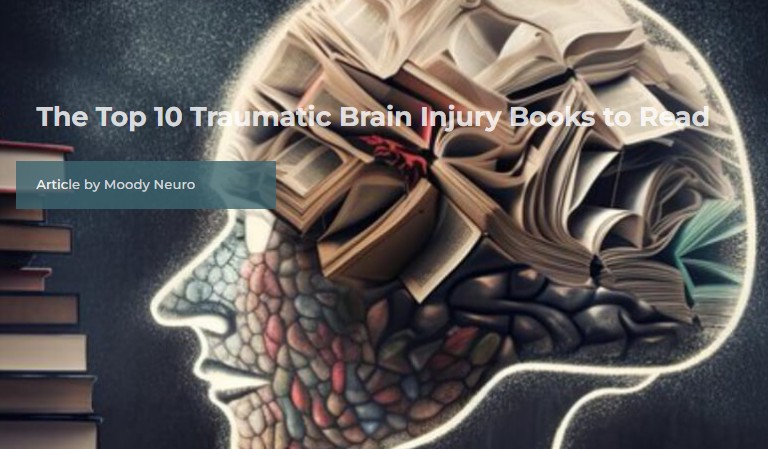
Books can be an invaluable resource for traumatic brain injury (TBI) survivors, their loved ones, and their caregivers who want to learn more about this condition. There are many traumatic brain injury books that are helpful for anyone who wants to learn more about TBI.
In this article, we’ve compiled a list of 10 top traumatic injury books that provide a wealth of information and inspiration. It includes books that describe TBI from the survivor’s perspective, evidence-based guides on treatment and care, as well as stories of hope and resilience from loved ones and caregivers of TBI survivors. (Click link for moodyneuro.org’s list of top 10 TBI books)
CLICK FOR LIST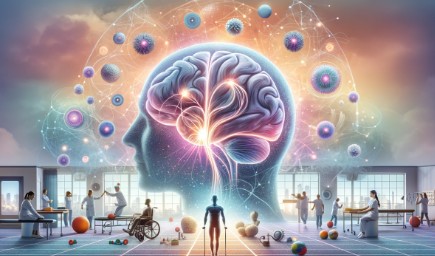
As you explore the powerful TBI-U/ DIY Rehab Resources on this website, remember that each step forward, no matter how small, is a testament to your resilience and determination.
Click “READ MORE” to dive deeper into these vital aspects of your healing journey, and MANY OTHER TYPES OF THERAPY!
A few of the Self-Rehabilitation Therapies are featured below!
(New Resources are added frequently! We are renovating to make it more User-Friendly. Thank you for Understanding!)

Harness self-rehab and holistic wellness strategies to empower your recovery and bring harmony to your life.
Embrace the power of physical activity to rejuvenate your body and mind. Discover exercises tailored to enhance your strength, flexibility, and overall well-being, making every move a step toward a healthier you.
DID YOU KNOW….Exercise increases blood flow to the brain, which increases oxygen to the brain, which enhances the formation of new neural connections, which is the key to building new paths around the damage from the TBI – this is neuroplasticity = HEALING!
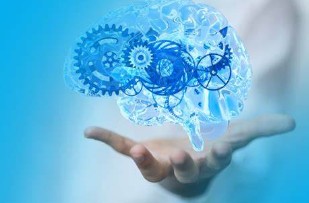 Cognitive Rehab for TBI
Cognitive Rehab for TBIUnlock your potential with cognitive rehabilitation techniques designed to sharpen your mind and enhance your daily functioning. Explore strategies and resources that support brain health and cognitive recovery.
TBI Exercise Cardio/Cognitive Brain Injury Exercises & Rehabilitation
Brain Training/Brain Games – COGNIFIT
10 Productivity Hacks Backed by Neuroscience ~ Includes: Pomodoro Technique, Power of Deep Work, Morning Exercise & Brain Function, Exercise, Nutrition, Music, Mindfulness, Colors, and more!

Nourish your body with a balanced and wholesome diet that fuels your recovery and promotes long-term health. Dive into the world of nutrition to discover foods that support healing and enhance your vitality.
DID YOU KNOW….Dark chocolate, fatty fish, pumpkin seeds, blueberries, walnuts and avocados all have something in common… They are some of the best foods for brain injury recovery! Read More
Click to read about “Concussion Foods,” at Betterbrainandbody.com
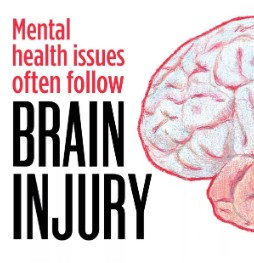
Nurture your Mind & Soul with holistic approaches that foster mental well-being and resilience. Dive into strategies that support a healthy mental state and enhance your overall quality of life.
.

Immerse yourself in the therapeutic power of color, art, and music to uplift your spirit and promote emotional healing. Explore creative avenues that unlock self-expression and foster inner peace.
DID YOU KNOW…Color, art, and music therapy can all play a role in enhancing neuroplasticity—the brain’s ability to reorganize and form new neural connections. These therapies work together to stimulate sensory pathways, reduce stress, and support brain healing, making them valuable tools in TBI recovery. Color Art Music
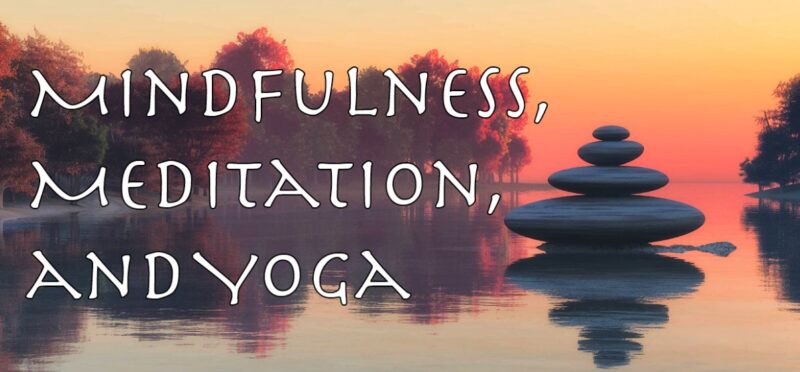
Embrace the tranquility of mindfulness, meditation, and yoga to center yourself and find inner balance. Discover practices that enhance your mental clarity, reduce stress, and promote overall well-being.
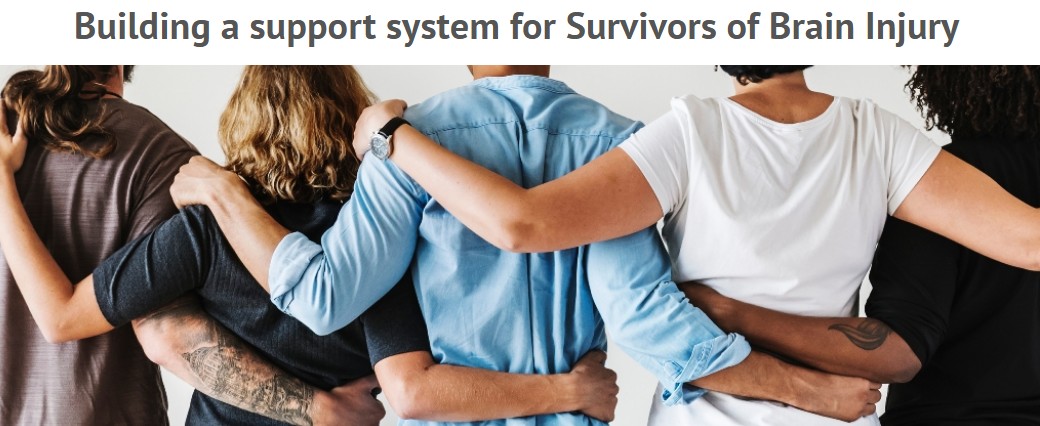
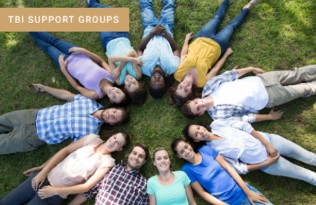
In the challenging journey of managing Traumatic Brain Injury (TBI), support groups play a vital role in fostering hope and resilience. These groups offer more than just a gathering of individuals; they provide a sanctuary where shared experiences transform into collective strength.
For those affected by TBI, whether survivors or caregivers, support groups can be a lifeline, offering emotional, educational, and social benefits that are crucial for recovery and adaptation. Read More

Virtual Support Groups – Brain Injury Association of America
Click Here to Find a Group in Your State
Nevada TBI Supports (and neighboring states CA, AZ, UT, , ID, OR) https://brainandspinalcord.org/support-groups-brain-injury-nevada/
ShareWell Improves Your Mental Health ShareWell | General Mental Health Support
Our community understands what life is like battling mental health challenges and are here to support you through it. At our core, we believe in human connection and the growth and healing that happens when people come together with the intention to support each other. Join a network of people who are overcoming life’s challenges together, because you don’t have to do it alone.
Where to get help – TBI & Concussion Where to Get Help | Traumatic Brain Injury & Concussion | CDC
Support Groups & Resources for TBI Caregivers Traumatic Brain Injury
more support groups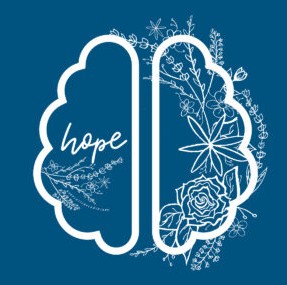
Many brain injury survivors have trouble leaving the house or attending a support group due to fatigue and overstimulation. Online, Hope After Head Injury is able to enter the survivor’s “world”, wherever they are, and brings much needed support, hope, and social interaction by connecting survivors and caregivers with others who understand the daily struggles and can offer encouragement, ideas, and resources.
The heartbeat of Hope After Head Injury lives in the active online community of survivors and caregivers; each with a story, and each with a willingness to share compassion, kindness, and hope.

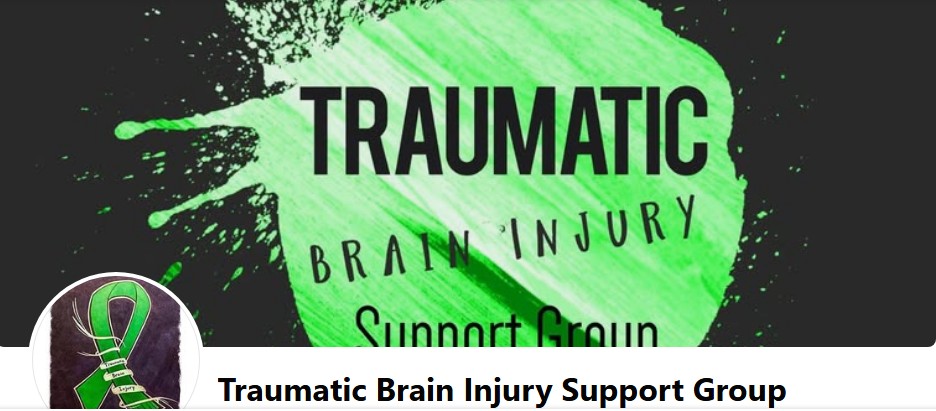
Facebook · Traumatic Brain Injury Support Group – This is a place where you can share your frustration, joy, fears, and anything else that pertains to TBI’s. YOU ARE NOT ALONE :-). 54.8k+ Followers
Traumatic Brain Injury Support Group | Facebook
READ MORE

Our website is dedicated to raising Awareness about Traumatic Brain Injuries (TBI) and providing educational resources from trusted organizations, including the Centers for Disease Control and Prevention (CDC). However, the information on this website is for informational purposes only and is not intended as medical or legal advice.
If you have experienced a fall, head injury, or accident, or if you are exhibiting symptoms of a TBI, we strongly encourage you to consult a qualified healthcare provider for an accurate diagnosis and appropriate treatment.
Completing a TBI questionnaire available on our site can be a helpful starting point, but it is not a substitute for professional medical evaluation. TBIQuestionnaire One of the benefits is you won’t need to TALK about the traumatic event if you don’t want to since it might trigger emotions.
Likewise, any legal information or references provided here are not a substitute for personalized legal counsel. Please consult a licensed attorney for advice regarding any legal matters.
By accessing and using this site, you acknowledge and agree that all content is provided for informational and educational purposes only.